Grain yield and resource use efficiency of bread wheat, barley and durum wheat under Mediterranean environments
dc.contributor
Universitat de Lleida. Departament de Producció Vegetal i Ciència Forestal
dc.contributor.author
Cossani Rial, César Mariano
dc.date.accessioned
2011-04-12T17:54:02Z
dc.date.available
2010-06-22
dc.date.issued
2010-05-28
dc.date.submitted
2010-06-22
dc.identifier.isbn
9788469428290
dc.identifier.uri
http://www.tdx.cat/TDX-0622110-105402
dc.identifier.uri
http://hdl.handle.net/10803/8355
dc.description.abstract
Under Mediterranean environments water and nitrogen (N) are considered the two factors most strongly limiting crop productivity. Wheat (bread and durum) and barley are the main crops grown in dryland Mediterranean environments. Within the Mediterranean basin, wheat is usually cultivated in rotations with other crops under relatively humid zones while barley is sown as a monoculture in the driest zones. Reasons behind barley monoculture are based on an hypothetical barley yield advantage over wheat under stressed environments. However, information about direct comparison between wheat (bread or durum) and barley is not abundant for the Mediterranean basin (nor for other Mediterranean regions). Neither grain yield nor biomass production, water use, nitrogen use or their use efficiency have been compared for the three species to justify the preference of one of them in monoculture in the more scarce resource availability environments. <br/>The main objective of the present thesis was to assess the response of wheat (bread and durum) and barley in terms of productivity to different water and nitrogen availabilities within the Mediterranean conditions of dryland cereal regions of Catalonia. Within the main objective two specific objectives were formulated (i) to provide empirical support to the generalized hypothesis of a better performance of barley than wheat under stress conditions, and (ii) to analyze if N fertilization could be a management tool to increase grain yield under stressful Mediterranean conditions for small grain cereals (in cases in which soil N were low). To fulfil the objectives data taken from a literature revision, and historical and regional data were analysed combined with those from five field experiments that were carried-out using different combinations of water and N availabilities for a typical well-adapted and representative cultivar of bread wheat, durum wheat and barley during 2003/04 to 2006/07 growing seasons in a typical dryland region of Catalonia where barley represent c. 80 % of the total cereal acreage. <br/>Across all the experimental conditions grain yield of the three species varied widely from c. 1 to 10 Mg ha-1. Under the driest and poorest yielding conditions barley presented similar yields to wheat (bread and durum) using the experimental data, but also using the bibliographic, historical and regional data, indicating an unjustified barley monoculture in terms of productivity. Despite similar yield between durum wheat and barley a lower stability in grain weight was observed for the case of durum wheat. Neither water use or N use or their use efficiencies supported the hypothesised advantage of barley over wheat across the driest experimental conditions. Water availability and N fertilization modified grain yield, biomass and resource use efficiency. In the present thesis, it was evidenced with realistic field data for the first time that of the degree of co-limitation between factors (N and water in this case) may affect yields as well as water use efficiency of small grain cereals, which had been previously proposed but using simulation models for wheat production in Australia.
eng
dc.format.mimetype
application/pdf
dc.language.iso
eng
dc.publisher
Universitat de Lleida
dc.rights.license
ADVERTIMENT. L'accés als continguts d'aquesta tesi doctoral i la seva utilització ha de respectar els drets de la persona autora. Pot ser utilitzada per a consulta o estudi personal, així com en activitats o materials d'investigació i docència en els termes establerts a l'art. 32 del Text Refós de la Llei de Propietat Intel·lectual (RDL 1/1996). Per altres utilitzacions es requereix l'autorització prèvia i expressa de la persona autora. En qualsevol cas, en la utilització dels seus continguts caldrà indicar de forma clara el nom i cognoms de la persona autora i el títol de la tesi doctoral. No s'autoritza la seva reproducció o altres formes d'explotació efectuades amb finalitats de lucre ni la seva comunicació pública des d'un lloc aliè al servei TDX. Tampoc s'autoritza la presentació del seu contingut en una finestra o marc aliè a TDX (framing). Aquesta reserva de drets afecta tant als continguts de la tesi com als seus resums i índexs.
dc.source
TDX (Tesis Doctorals en Xarxa)
dc.subject
Països mediterranis
dc.subject
cereals
dc.subject
ordi
dc.subject
blat
dc.subject.other
Producció vegetal
dc.title
Grain yield and resource use efficiency of bread wheat, barley and durum wheat under Mediterranean environments
dc.type
info:eu-repo/semantics/doctoralThesis
dc.type
info:eu-repo/semantics/publishedVersion
dc.subject.udc
633
cat
dc.contributor.authoremail
mariano.cossani@pvcf.udl.cat
dc.contributor.director
Savin, Roxana
dc.contributor.codirector
Slafer, Gustavo A.
dc.rights.accessLevel
info:eu-repo/semantics/openAccess
dc.identifier.dl
L-411-2011
